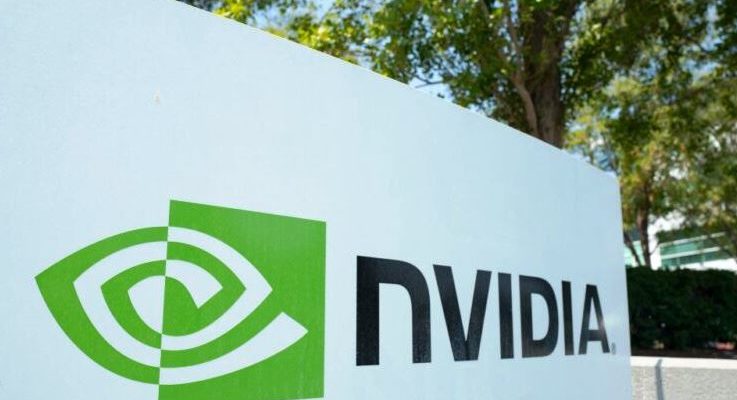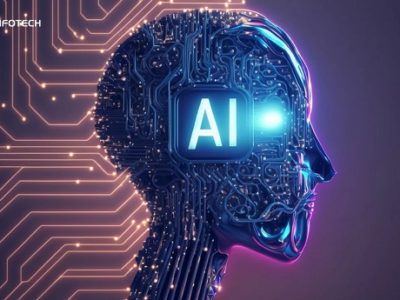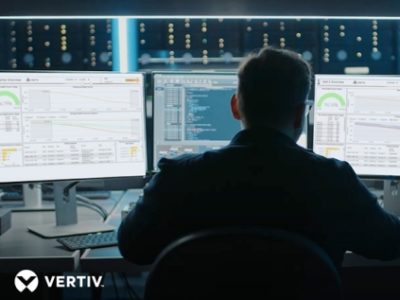Strong Earnings Signal AI’s Structural Impact on Global Economy
Nvidia’s latest earnings report has once again reinforced artificial intelligence (AI) as the driving force behind global markets. The tech giant delivered stronger-than-expected revenues, coupled with a bullish sales guidance of $54 billion for the current quarter.
RELATED: Nvidia CEO’s Beijing visit after U.S. AI chip ban exposes unintended trade war fallout, warns finance expert
According to global financial advisory firm deVere Group, these results confirm that AI is not a passing trend but the structural foundation of a new global economic cycle.
The results came as U.S. benchmarks hovered at record levels: the S&P 500 closed up 0.2%, the Dow Jones Industrial Average gained 0.4%, and the Nasdaq Composite advanced 0.2% ahead of Nvidia’s release.
Nvidia’s Market Influence at Historic Levels
Nigel Green, CEO of deVere Group, highlighted the unprecedented scale of Nvidia’s impact:
- Nvidia now represents nearly 8% of the S&P 500 by market cap, meaning its earnings can lift the entire benchmark.
- Last quarter, the company tripled its year-on-year revenue, with data center sales soaring by more than 400%.
- Data centers remain Nvidia’s engine of growth, powering enterprise AI adoption, cloud computing, and advanced language models.
“This is not just about one stock,” Green noted.
“It’s about the global economy being rebuilt around AI.”
Beyond Nvidia: The Expanding AI Ecosystem
While Nvidia dominates headlines, deVere stressed that the AI ecosystem is far broader, encompassing:
- Chip designers and manufacturers
- Software developers
- Data infrastructure providers
- Cybersecurity firms
- Energy and utilities
Green pointed out that electricity demand from AI-driven data centers is projected to more than double global consumption by 2030, creating both risks and massive opportunities across the energy sector.
Geopolitics and AI Supply Chains
The U.S.–China rivalry over high-performance chips, including Nvidia’s H20 series, underscores the strategic importance of semiconductors.
“Semiconductors and advanced computing are now seen as national security assets as well as commercial ones,” Green said. “Governments and corporations will continue investing heavily, regardless of short-term volatility.”
AI Investment Wave, Not a Bubble
While some analysts warn of a potential AI bubble, deVere rejects the comparison.
“This is not speculation detached from fundamentals,” Green emphasized. “We are witnessing a structural investment wave — capital is flowing into the infrastructure of the future economy. The spending is real, the applications are multiplying, and the productivity potential is enormous.”
Technology’s Market Concentration
Technology stocks now make up nearly 30% of the S&P 500, with Nvidia, Apple, and Microsoft alone accounting for over 15%. Nvidia’s rally has contributed more than a quarter of the S&P 500’s gains in 2024, reflecting the market’s growing concentration.
“Nvidia’s results confirm that AI is the catalyst of this market cycle,” Green concluded.
“The next phase will reward investors who look beyond mega-cap names and identify emerging leaders across the broader AI ecosystem.”

































